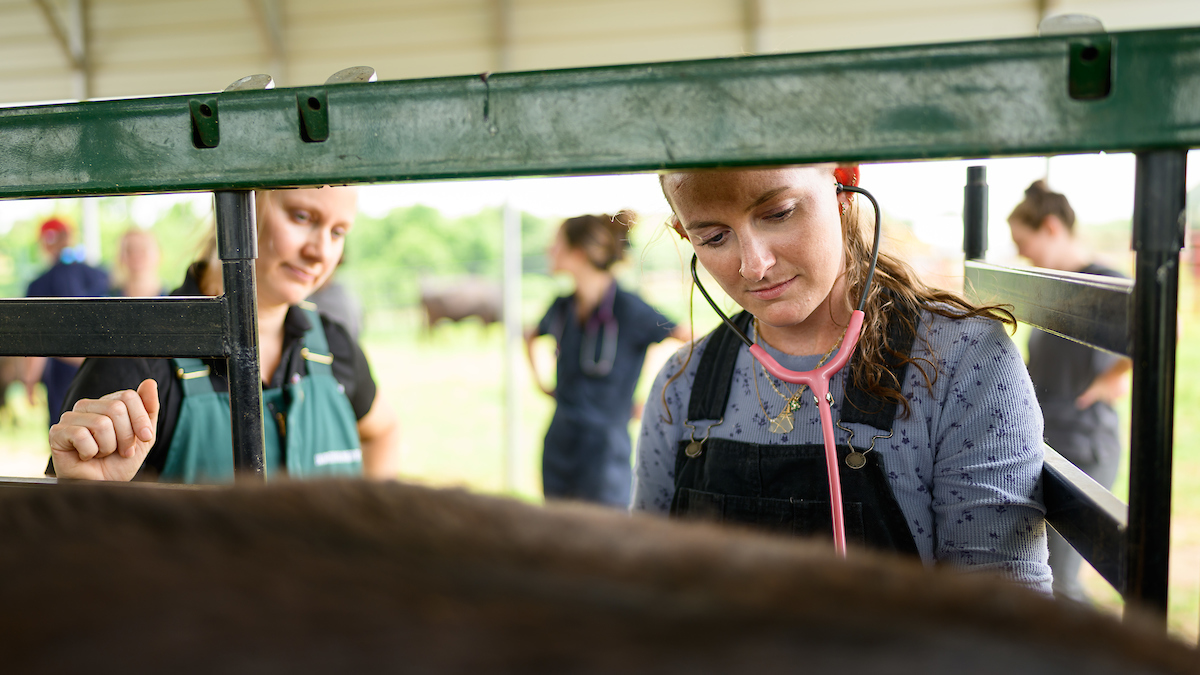Arnold Brody Participates in Signing for Re-released Book
What are science’s greatest discoveries?
Arnold Brody, an adjunct professor of molecular biomedical sciences in the College of Veterinary Medicine, and co-author David Eliot Brody, a lawyer, wrote about the science that changed the world in their 1997 book “The Science Class You Wish You Had: The Seven Greatest Scientific Discoveries in History and the People Who Made Them.”
It has been re-released by Penguin’s Perigree Books and Dr. Brody will participate in a book signing this Friday (Nov. 22) at Barnes and Noble Books at Crabtree Valley Mall from 4:30-6:30 p.m.
Dr. Brody previously served as the vice chair of the pathology department at Tulane Medical School in New Orleans and is now a professor emeritus. His wife, Toby P. Brody, is the director of English as a second language in the College of Humanities and Social Science.
The new edition, released in July, still has the familiar names and their discoveries: Einstein’s Theory of Relativity, Hubble’s Big Bang Theory, Darwin’s Theory of Evolution, etc. It also brings to life the scientists who made the important and complex discoveries in a lively and accessible way, and updates the book to include new discoveries that are changing the way we view the universe.
In the foreword, Nobel Prize winner Martin Rodbell says this about the Brodys’ book: “In this book’s view, science can be likened to a beautiful tapestry woven with different threads that have common features, but also demonstrate the extraordinary diversity of human thought in the creative process. It is an important book to read, whether the reader is completely ignorant of science or is a professional scientist. It combines the rare talents of two individuals, of disparate backgrounds: a scientist (Arnold Brody) and a practicing lawyer (David Brody). Their breadth of knowledge, keen sense of social responsibility, and their gift for writing beautiful prose combine to reveal not only the course of scientific discovery but the aspirations and the frailties of the participants in the context of the social and moral climate in which the important discoveries were made.
 “Seven pillars of scientific thought and accomplishment are discussed in this book—discoveries that encompass five hundred years—from the Renaissance to the mid-20th century. The authors describe these discoveries in a manner that makes science and the history of science clear and understandable.”
“Seven pillars of scientific thought and accomplishment are discussed in this book—discoveries that encompass five hundred years—from the Renaissance to the mid-20th century. The authors describe these discoveries in a manner that makes science and the history of science clear and understandable.”


